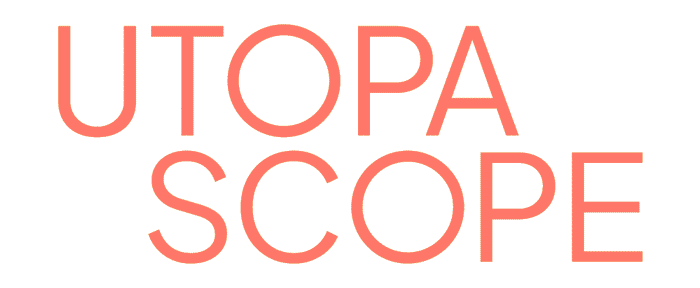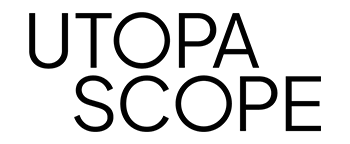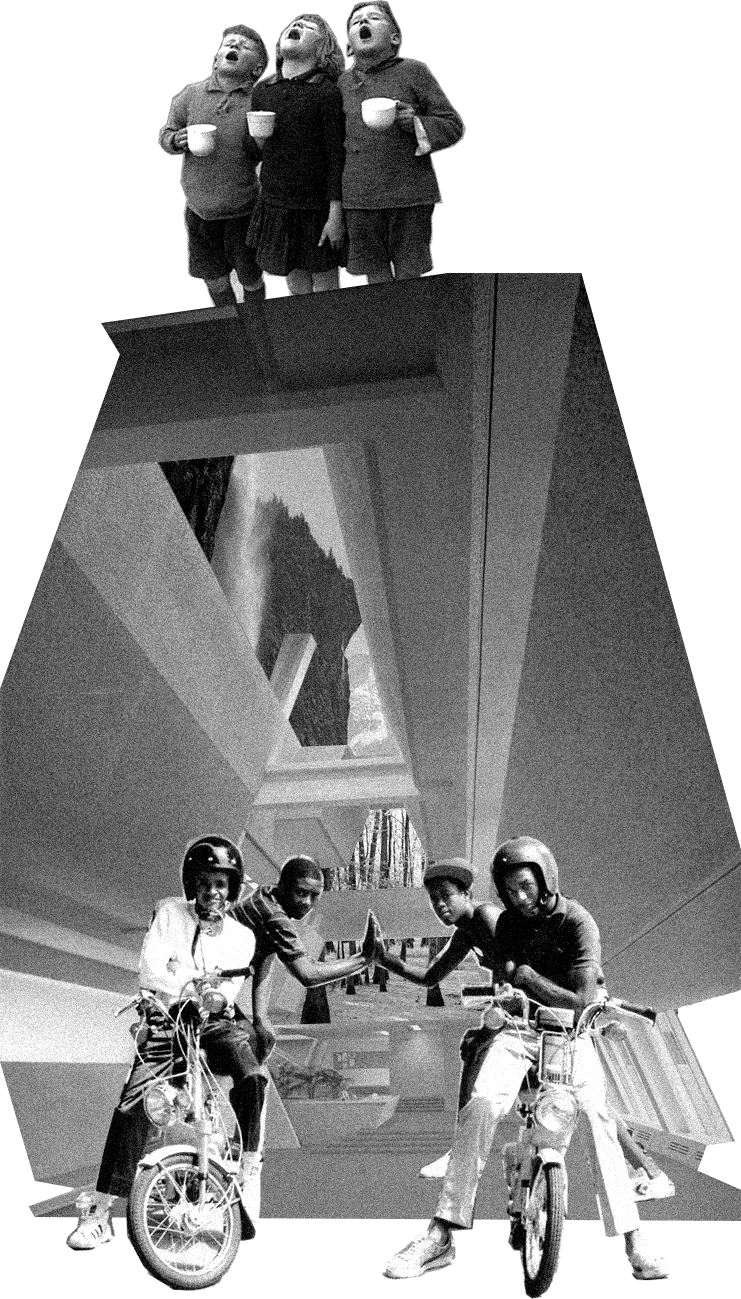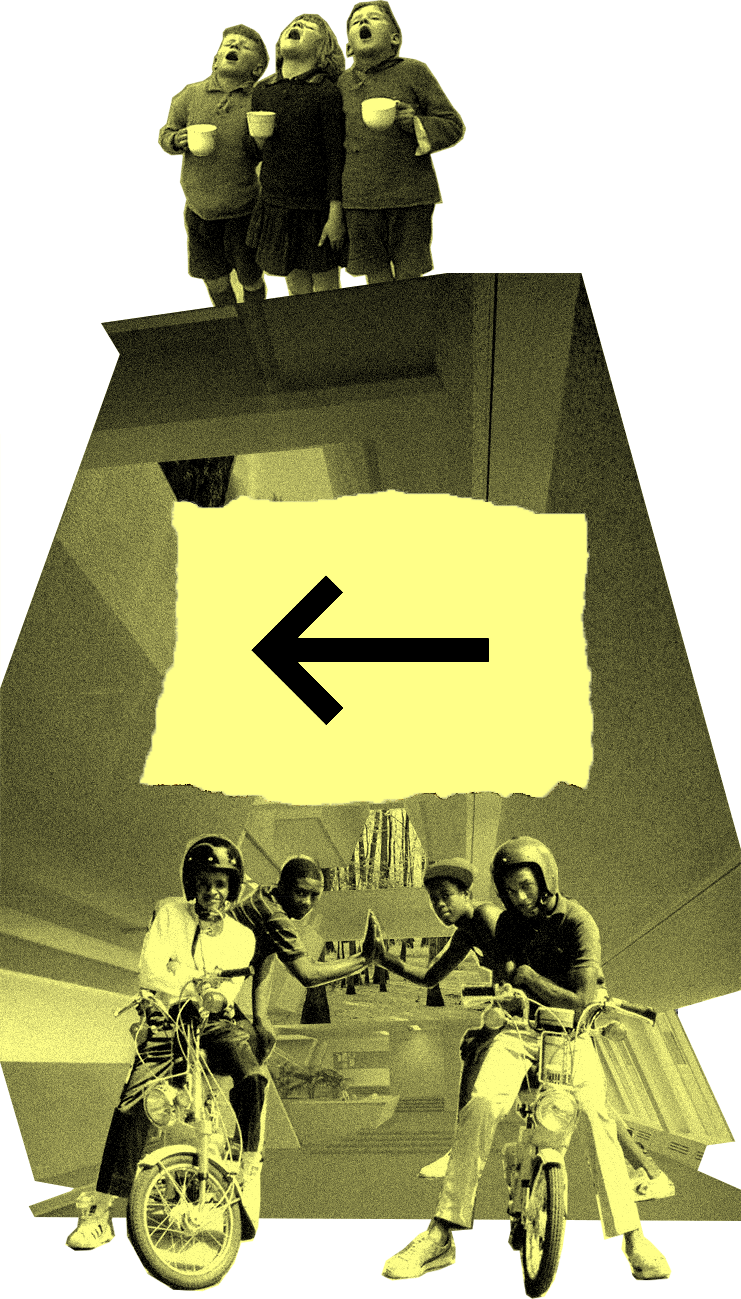Take back the Internet
vote to organize!
Do you miss the Internet? Do you miss websites? Do you miss the assurance of community and democracy that was promised to be the future of the Information Age?
What was once a bright and promising revolutionary moment in the hands of the people—albeit those who could afford and had access to a computer, modem, and dial-up internet—was consolidated within a decade and a half into a hypercapitalist, impersonal web controlled by massive technology monopolies. With advances in personal devices and connectivity—304 million users in March of 2000 compared to 4.83 billion in July 2020—the current moment presents another revolutionary opportunity. The time is right, and societies, especially those in younger generations, demand better. The people could organize to build their own online communities, a truly utopian “social” media, or, even better, an entirely new version of the Internet.
Throughout the 2010s, the largest tech firms in the world began gobbling up more and more virtual and psychological space on the Internet. Today, most content people create is owned by one of these large firms. Designers, for instance, are encouraged to host their portfolios on centralized platforms like Squarespace, Behance, and Dribbble rather than experiment with raw structures and ultimately control the fate of their own content. They are even encouraged to post written content not on their own personal portfolios, but on diluted websites like Medium. In the age before social media, online communities were places in which people with similar interests could collaborate, discuss new ideas, and engage in civil discourse. They were free, for the most part, from being tracked, free from organized political disinformation, free from targeted advertising. The technology and aesthetics were nascent and certainly imperfect, but society was only just learning about how to craft ideal user experiences in the Internet’s relative infancy. With today’s collective wisdom and years of research into haptics, interface design, and experiential systems, it might be time for the Internet to be remade by the people.
The public may be hard-pressed to find anyone who prefers the divisive landscape of Facebook, Twitter, and Reddit (and whichever platforms still protect far right extremists) today preferable to the hope the Internet users experienced in the 1990s and 2000s. Today, the abusive, anti-democratic, invasive tech empires have all but eroded the social fabric of civilization. It will require a massive, collaborative undertaking to undo it, but it is not impossible. The best forms of emerging media in the Information Age gain widespread, rapid adoption, but there are no rules stating that the next big thing must be a venture capital-funded Silicon Valley scheme.
The Internet was the work of dozens of pioneers, scientists, programmers, and engineers that combined into an information superhighway. The founders envisioned a “world wireless system”, “mechanized searchable storage systems”, or an “intergalactic network,” designed to promote people-to-people traffic as a large-scale network application. That original mission, all but missing today, could provide a solid framework for a re-decentralizing effort to promote individual interactions. How might we reimagine the internet to its original intent: decentralized while also communicating across multiple networks simultaneously?
Collaborations
A community could organize to re-decentralize the Internet by gathering together with like-minded individuals, both technical experts and non-technical authorities in their own lived experiences, and collaborating on ideas together. How might a group of people engage with technologists to combine and reconnect in order to network in new ways?
One emerging idea about content hosting comes from the Solid project, an explicit effort to re-decentralize the Internet with the potential to anonymize the content and its authors. Using this application, a community organization could build and operate their own “pods,” either on a single server or series of dispersed servers, and would have complete control over their data, including who can view it and where it goes. As such, the community organization could themselves become a social network contained within a new ecosystem, powered by the people democratically and run collectively. Or, an organization could simply host all of their affairs in one safe and secure platform away from social media, whether they be involved in community gardening, climate justice, or wealth redistribution. Other applications like Mastodon, Tor, Nextcloud, Proton, and even Mozilla offer some secure means for people to consume or deliver content, but not as an entirely new means of holistically hosting content and gathering together with others. These technologies simply offer inspiration for what it might look like to radically rethink old Internet paradigms.
Applications
Your project need not be built as a Solid application. Applications built using Solid would look and feel like almost any other modern website. With a little more effort and technical expertise, a community could organize their own revolutionary concepts far beyond anything existing today. Could a group of everyday workers create a brand-new, parallel Internet that relies on a different transfer protocol than https? What about a new device that gives people a five-dimensional experience, logged in but not remotely recognizable as the two-dimensional Internet? Could a community organization develop an entirely new, easy-to-use, easy-to-understand, attractive and highly-customizable technology? Under what circumstances would some organizers help the workers of a technology firm to take it over, turning it into a worker-owned cooperative, inspiring others to do the same until Silicon Valley is returned to the people? Would a group of organizers be able to plan and build a new type of “browser” that does not read or render html, which is free from commerce, and offers secure, private experiences? Knowing that powering cryptocurrencies (and by extension, the Internet) pose a massive risk to the environment, could people organize to build a network specifically run in harmony with the natural world?
Implementation
Critics of concepts like these may claim that decentralization and privacy may further divide society, but this need not be true in an equitable scenario. Anything new that is built must dedicate itself to democracy, heeding the original principles that helped define how the Internet should operate: distributed networking, localized control, open and private flow of information, and communication integrity. In the way that organizers confront white supremacist attitudes through democracy and advocating for permanent resistance culture, a truly direct democracy would self-regulate against genocidal extremists. Any self-governing community would vote to deplatform nazis in the same way that big tech does now in an asymmetrical, top-down manner because only tiny percentages of any society, usually less than 10%. Concepts at the top of the pyramid of hate, like genocide, are not up for debate, and so there can be no platform on which they will be debated.
Any new decentralized system must aim to be truly neutral, minimizing or removing gatekeepers. One method involves segregating the commercial web run by corporations from the new version of it, run by the people. This would mean that the organizations who build this system would remove any potential for commercial pursuits from it, focusing instead on connecting people. The community should engage with technologists and engineers to implement massive direct democracy, either enabled through a technology like blockchain or some other type of distributed ledger that bridges the digital divide between people who have internet access and those who do not, ensures that the network will cross other types of divides as well: national borders, boundaries between cities and the countryside, and political barriers.
Influence
The matter of truth on social media is a controversial one. Freed from the requirement for the media to maximize shareholder profit should see a resultant increase in truth and journalism, but organizers should further encourage journalistic integrity and accuracy in fact checking. Profit margins force the news to exaggerate, lie, and promote conspiracy theories to attract ad revenue, and the more egregious and extreme of these sources are boosted more and more online. This creates a vicious cycle, with unethical media sources manufacturing myths, and an entire industry rises up to promulgate those fantasies. A community organization which creates a people-powered version of the Internet will likely reshape journalism, merging historical “truth to power” investigative journalism with the open source horizontal communication of the Information Age. The people should collectively decide if or how to boost arbiters of truth in a way that is fair and equitable so that a communal, shared understanding of the truth exists. A method for public peer review that becomes a record attached to each source in a well-designed and easily-recognizable schema should be constructed as part of the system.
Personal Data Protection
The organization should find ways to protect individuals that go beyond the right to be forgotten or data privacy. The system should be built to preclude the need for any of these changes, and should be built from the ground up to protect individual rights, without tracking individual behaviors or any kind of identifiable traffic sources. The organizers who create the system should vote on what and how to prevent any technology that collects and stores any data that is not anonymized and required for the necessary function of the system. The system should preclude the need for data mining. In much the same way that journalistic integrity is improved by removing capitalism from the equation, so it goes with Internet privacy. On today’s social media where there is no overt product being sold, the individual’s data is the product. A democratic, non-commercial application powered by the people would naturally exclude harmful data privacy violations, but the organizers must remain vigilant over maintaining this stance. A group of people might also work together to organize to make data a common good, owned by all, without corporations having the ability to manipulate us with it. This may sound like a loss of privacy, but it would actually be the inverse: no one would be able to access the private information about another, society would instead likely choose to eliminate the “trail” entirely.
The Future
Things never stay the same for too long. The ways in which we communicate have gone through a massive shift in the past 50 years that are only accelerating as the 21st century advances forward. The Internet is not a fact of life, and social media is even less so. Few in 1993 could have predicted what was just around the corner for them, just as few accurately predicted the ways in which the smartphone revolutionized Internet access or how Facebook and Twitter would shape elections, families, and societies. Now that people are so overwhelmingly connected, those shared bonds can be put to their best possible use: for everyone to come together and organize to build a better world, to use technology as it should be: to improve lives and make things easier, not more difficult.




